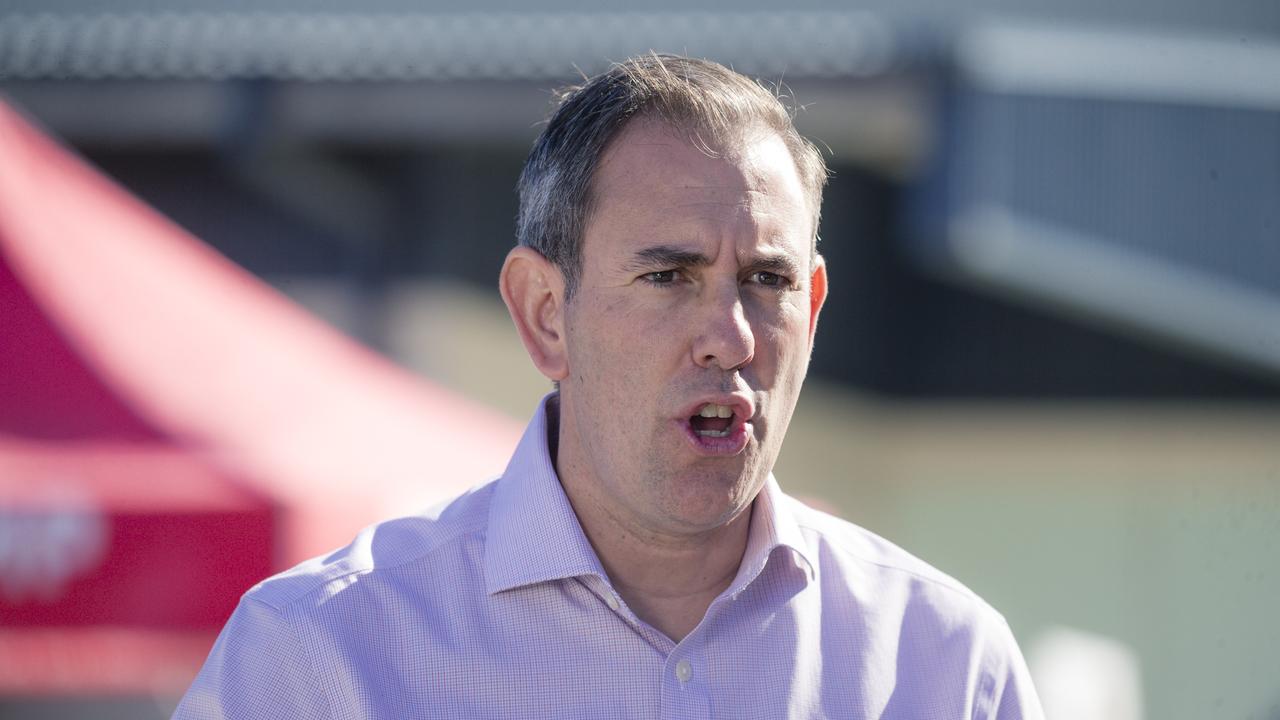
This is a key finding presumably of the review under Admiral Jonathan Meade into how we should proceed to nuclear-powered submarines.
The navy has won a big political battle here, but it ensures we’ll have no new, formidable submarine capability for many, many years, and may well end up with no submarines at all.
When Scott Morrison first announced the AUKUS deal, he was honest enough to suggest the first nuclear-powered sub could be in service in Australia by 2038. This time line was so long that the AUKUS sub risked losing credibility.
So Peter Dutton as defence minister – and, since last May, the Albanese government – have been promising nuclear submarines more quickly.
The Meade review will probably tell us we can get the first AUKUS nuclear sub in the early 2030s. In fact, this will be speculative and highly unlikely to be borne out.
There are still substantial sections of the US Navy and industry which are against this program. There are also substantial parts of the UK Labour Party against it.
The Albanese government has a razor-thin majority. Imagine if at some point it becomes a minority government relying on the Greens.
The AUKUS sub program has to be effectively veto-proof in three nations for 20 years.
That means enormous strategic risk for Australia. Nuclear submarines are the best and we should proceed, notwithstanding the difficulties.
But we need a conventional submarine not only to bridge the obvious capability gap, but in case the AUKUS submarines program finally falls over.
The Americans, with their vast industrial might and decades of nuclear experience, are struggling to produce 1½ nuclear submarines per year. They have just suspended repair work at four dry docks on the west coast because of earthquake fears.
It will be many years before Australia has either crew or facilities to operate nuclear submarines. Adelaide construction is a fantasy. Any submarines the Americans give us next decade will come out of their own order of battle.
Yet we know that they are extremely stretched in the Indo-Pacific, and war games involving a potential US-China conflict over Taiwan yield equivocal results, to say the least.
There must be every doubt the US will finally give us such submarines. And we are already in a capability gap. The 2009 Defence White Paper said we needed 12 regionally superior submarines as soon as possible. Our six ageing Collins boats begin their two-year Life of Type Extension mid-decade. The fleet of six becomes five.
The Collins are supposed to start retiring by the late 2030s. The navy was frank enough to admit in Senate estimates that it was looking at a second LOTE process, extending each boat for 20 years.
The Collins were commissioned in the 1980s but could serve into the 2040s and 2050s.
That’s ridiculous.
Even if through some miracle we do get two nuclear-powered submarines some time in the 2030s, two boats are not a real military capability.
Because two boats means you can only rely on one being at sea about two thirds of the time. We won’t get our fleet of eight until the 2050s at the absolute earliest.
One day, the Collins will be too dangerous to operate. There’s every chance we end up with no submarines at all. Our navy always makes the distant dream the enemy of reality. Here we go again.




Defence Minister Richard Marles made a major announcement in France – not that we’d help the French manufacture some ammunition for the Ukrainians, but that there is no chance at all of a conventionally powered submarine as a bridge capacity to the nuclear-powered boats coming under the AUKUS pact.